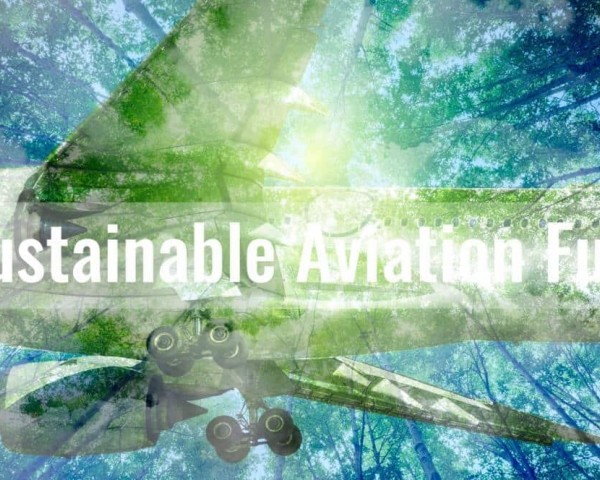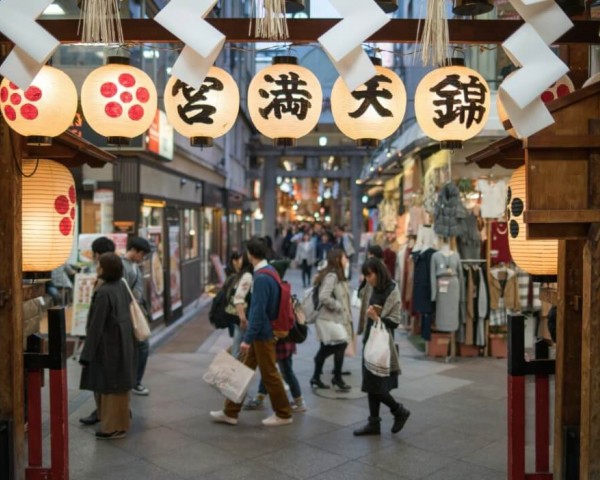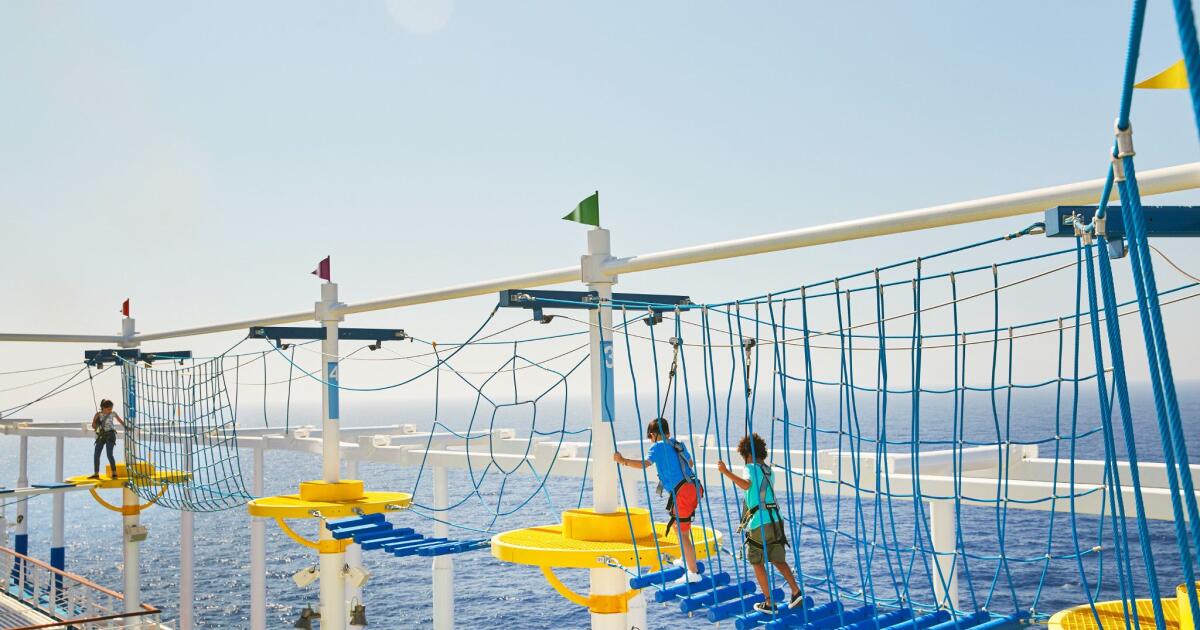European airlines expect higher prices due to biofuels
As the European Union moves forward with its ambitious plan for carbon-neutral air travel, the continent’s major European airlines are expressing concern. Under the Aviation for Europe (A4E) umbrella, carriers from Ryanair to Lufthansa are advocating for a delay in sustainable aviation fuel (SAF) requirements. They warn that global supply shortages could hamper their environmental goals—and potentially raise passenger fares.
2% to 70%, is it possible?
The EU’s ReFuelEU aviation initiative states that by the start of this year, at least 2% of jet fuel at European airports must be SAF. This target increases to 6% by 2030 and a significant 70% by 2050. These biofuels, derived from a variety of sources such as biomass, waste oil, and hydrogen derived from renewable energy, are critical to reducing the significant climate impact of aviation. This sector directly accounts for approximately 3% of global CO2 emissions. However, contrails and other pollutants increase the overall warming effect.
During a recent video conference from Paris, A4E members expressed their concern. “Inclusion obligations are not achieving the desired results,” said Louis Gallego, CEO of IAG Group – parent company to British Airways and Iberia – representing the alliance. The real issue? Demand for SAF production is largely in Europe, but supply is globally dependent, making European airlines vulnerable to import challenges and price fluctuations.
Gallego made it clear that he believed a delay in the rollout would be necessary, “until there are some significant changes.” Like automakers calling for flexibility in the 2035 combustion engine ban, A4E is calling for a “strategic dialogue” with the European Commission to reassess targets without compromising decarbonisation efforts.
From low-cost to legacy carriers
A4E has membership of 17 major European airlines, including Air France-KLM, easyJet, Lufthansa, and Ryanair. All are committed to achieving net zero emissions by 2050, in line with global industry targets through the International Air Transport Association (IATA). SAF is considered critical to achieving a 65% reduction in emissions, but increasing productivity is a significant hurdle. The current output is less than the mandate, a significant part of which is imported.
EasyJet CEO Kenton Jarvis stressed the urgency, saying: “We are calling on both the European Commission and national governments to act decisively, as we need help encouraging major hydrocarbon producers to supply SAFs.” This appeal extends beyond airlines; IATA has also expressed concern about the possibility of regulation. Even the Cruise Lines International Association (CLIA) acknowledges the common challenges in decarbonizing the maritime sector.
Recent analyzes highlight the problem. A Deloitte study for A4E warns that stricter regulations could create “carbon leakage” – the transfer of emissions to regions with less stringent regulations – while reducing Europe’s attractiveness as a travel destination. Additionally, the Transport and Environment report identifies potential obstacles to e-SAF (electronic fuel), a potential European benefit, which could jeopardize the first mover position.
Green Targets vs. Affordable Flights
A4E emphasizes that it does not abandon sustainability, but supports a pragmatic approach. “Our members are dedicated to downsizing their operations,” but “this must not compromise competitiveness and accessible air travel,” the group stressed. Given that SAF prices are three times higher than conventional kerosene, tighter quotas could squeeze profit margins, increase rents, and hamper connectivity during post-pandemic recovery.
At the April A4E summit, this sentiment was reinforced, with official calls for mission delays due to production cuts. Proponents argue that incentives, such as the EU’s proposed book-and-claims system for European SAF credits, could fill the gap without requiring a waiver.
As Brussels considers these demands, the future remains uncertain. Will the Commission agree to a delay to avoid potential oil-related issues, or will it ensure that Europe takes the lead in climate efforts? Airlines are currently bracing themselves for what is likely to be a rough ride. The hope is that any setbacks will ultimately derail their ambitious journey toward achieving net zero emissions.




Post Comment